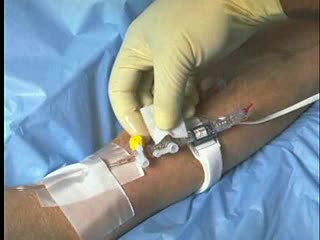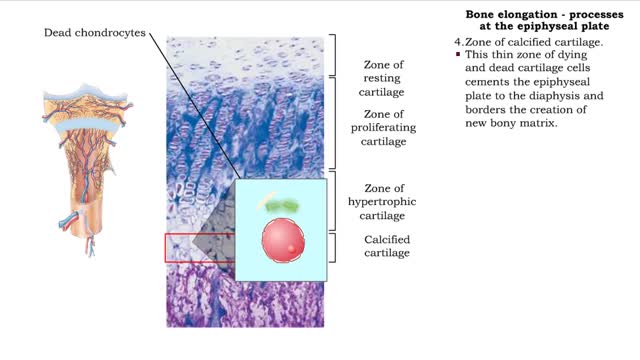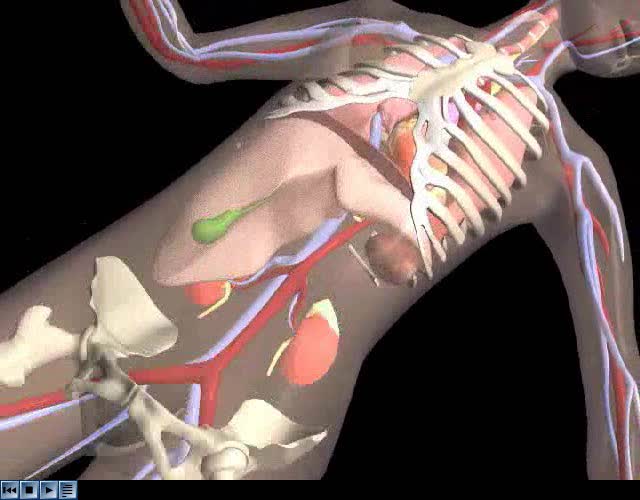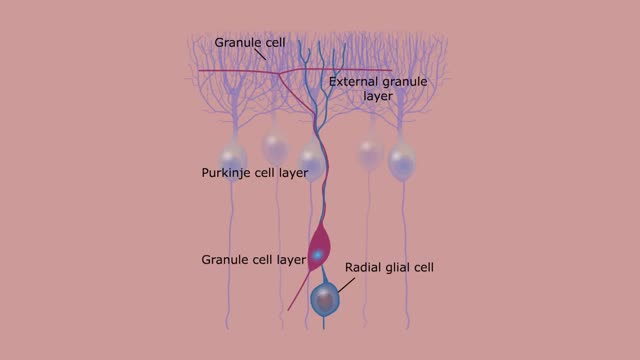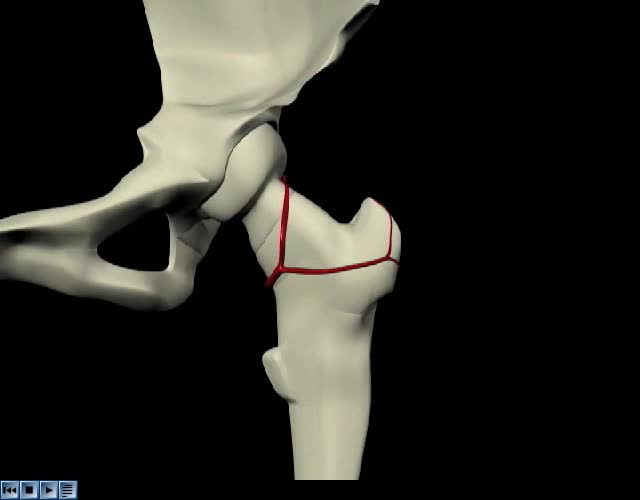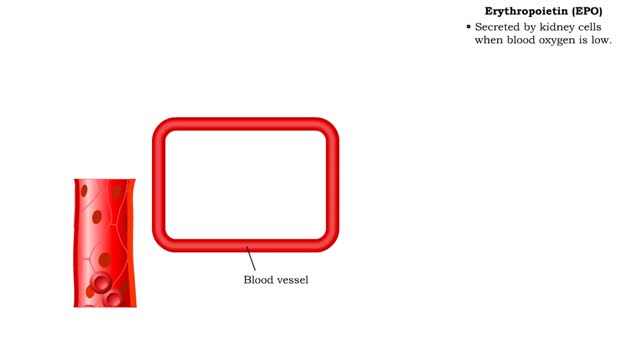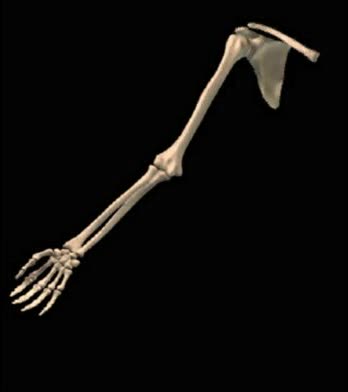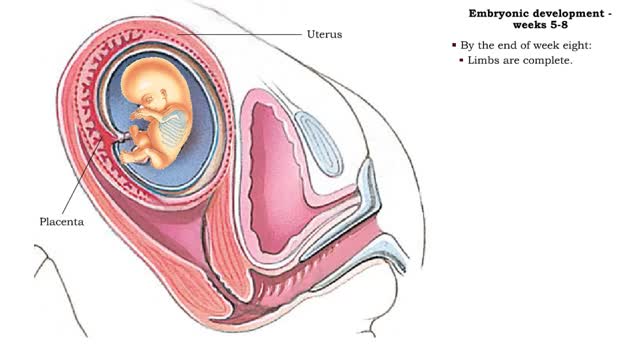Search Results
Results for: 'Bone Healing'
By: Administrator, Views: 14691
Leukemia is a type of cancer that affects the blood and bone marrow. Leukemia begins in a cell in the bone marrow. The cell undergoes a change and becomes a type of leukemia cell. Once the marrow cell undergoes a leukemic change, the leukemia cells may grow and survive better than normal cells.
Bone elongation - processes at the epiphyseal plate
By: HWC, Views: 11131
• Interstitial lengthening occurs in only certain bones, primarily those of the appendages. • Such lengthening takes place at the epiphyseal plate, a layer of hyaline cartilage in the metaphysis of a growing bone. 1. Zone of resting cartilage. • Consisting of a hyaline cartilage pa...
By: Administrator, Views: 13983
Types of fractures: - Colles' - Pott's - Compression - Vertebral compression - Epiphyseal - Stress - Hip Closed, or simple–A completely internal break that does not involve a break in the skin (x-ray of the tibia and fibula). Note the break in the fibula (smaller bone). Open, or co...
By: HWC, Views: 10507
■ Secreted by kidney cells when blood oxygen is low. ■ Targets cells in red bone marrow that will become red blood cells. ■ Promotes increased numbers of mature red blood cells. ■ More mature red blood cells carry more oxygen so blood oxygen level is restored to normal.
Cavernous Sinus Larynx Middle Ear Orbit: Granulesm Animation
By: HWC, Views: 10300
The cavernous sinuses are located within the middle cranial fossa, on either side of the sella turcica of the sphenoid bone (which contains the pituitary gland). The cavernous sinuses, a rich plexuses of veins that surround the internal carotid arteries, lie lateral to the pituitary fossa. Ant...
By: Administrator, Views: 13626
A hip fracture is a break in the upper quarter of the femur (thigh) bone. The extent of the break depends on the forces that are involved. The type of surgery used to treat a hip fracture is primarily based on the bones and soft tissues affected or on the level of the fracture.
Red Blood Cells - Erythropoietin (EPO)
By: HWC, Views: 10905
• The endocrine system maintains many body conditions within normal limits with feedback loops. Each endocrine feedback loop maintains homeostasis using the following components: • Stimulus - a change in a body condition. • Production cell - an endocrine cell that produces a hormone aft...
By: Administrator, Views: 714
The humerus is a long bone in the arm that runs from the shoulder to the elbow. It connects the scapula and the two bones of the lower arm, the radius and ulna, and consists of three sections. The humeral upper extremity consists of a rounded head, a narrow neck, and two short processes (tubercle...
Embryonic development - Weeks 5 to 8
By: HWC, Views: 11195
• The second month of development is characterized by rapid development of the head and limbs as well as continued organogenesis. • During the fifth and sixth weeks growth of the brain, and therefore head, is rapid. • Hands and feets begin to form. • During week seven, even more deve...
Advertisement



